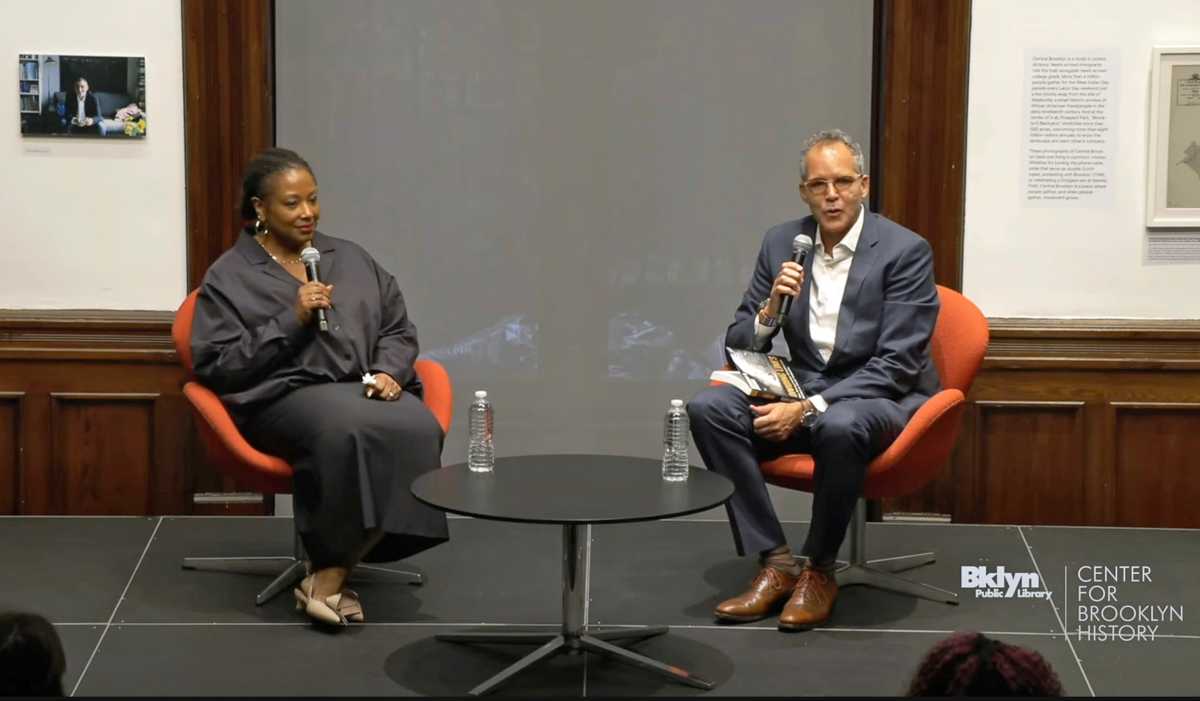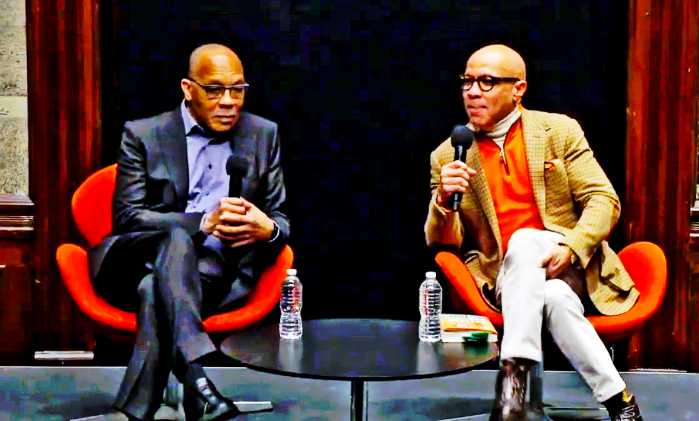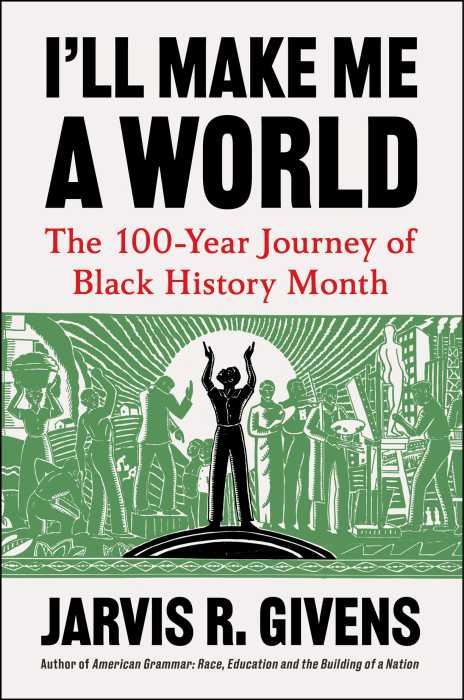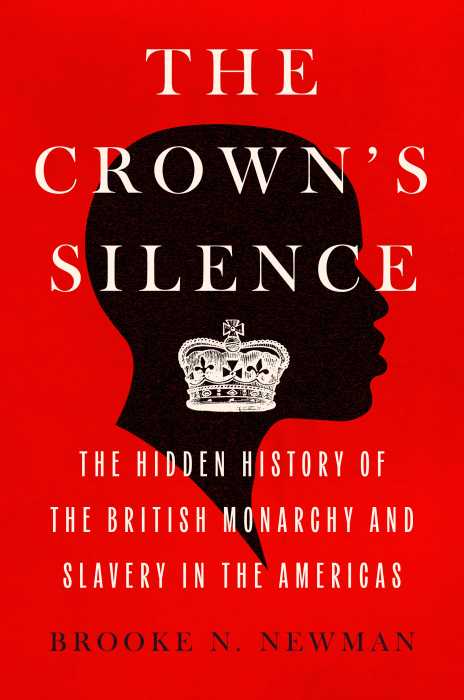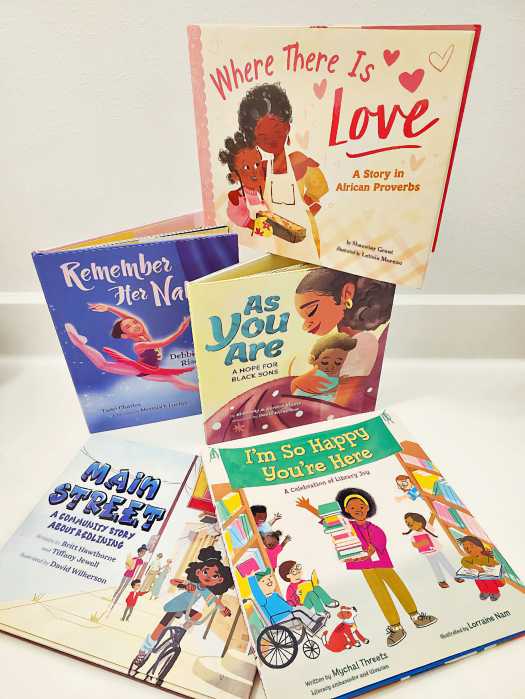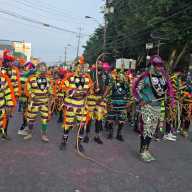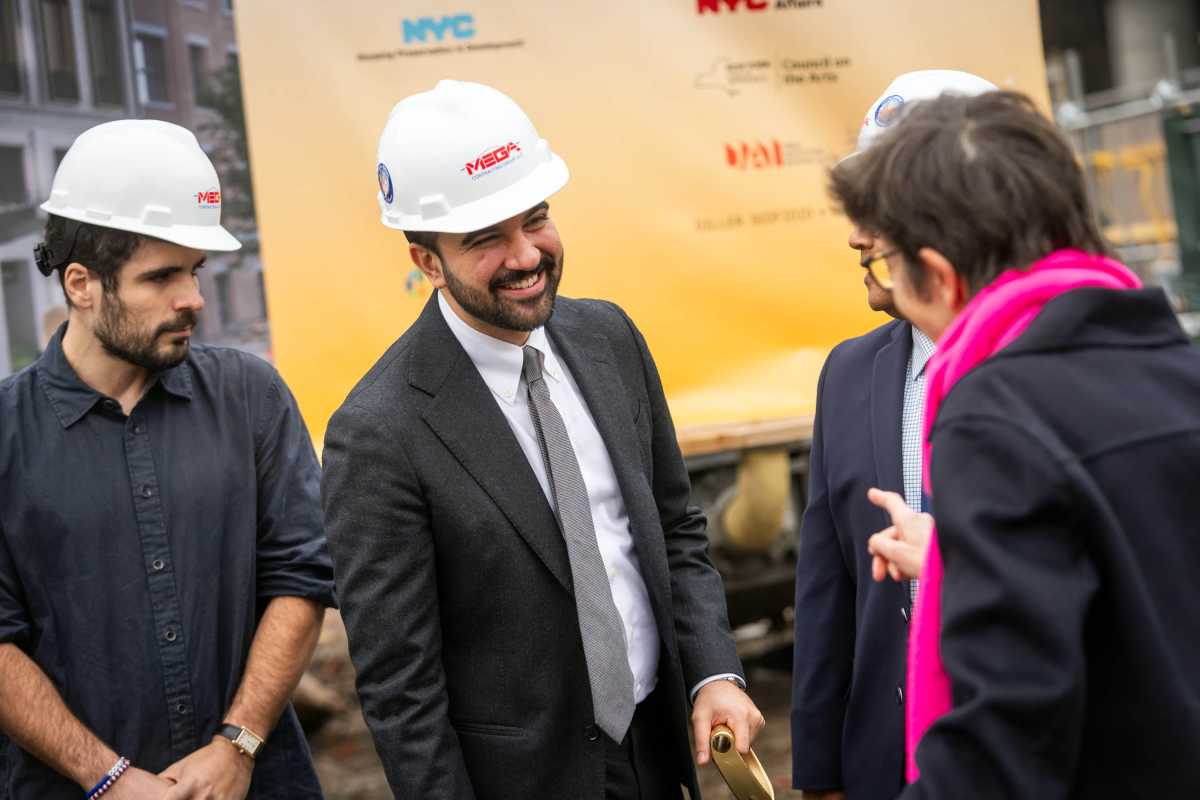Academic scholar and president of the American Civil Liberties Union (ACLU) Deborah Archer discussed her new book, “Dividing Lines: How Transportation Infrastructure Reinforces Racial Inequality” (2025), in a hybrid conversation with legal scholar James Forman Jr., hosted on June 9 by the Brooklyn Public Library’s Center for Brooklyn History (BPL-CBH).
Discussing what led her to write this book, Archer said that though she spent a lot of time focusing on inequality and its intersection with race in regard to issues including housing and the success and health of communities of color, she still didn’t consider transportation infrastructure as a part of that equation.
“It wasn’t until a few years ago that I was approached by a community in Syracuse, New York, and they were facing a highway reconstruction project and reached out to me to get involved because they wanted to make sure that civil rights and racial justice were central in that conversation. I learned that this is a story that repeats all around the country. There was just an abundance of evidence that connected the fall of Jim Crow to the way that we built our transportation infrastructure and that this was on purpose,” she stated.
She also learned that, like many of the other stories we tell about racial inequality, this was intentional and not accidental. Since working with Syracuse, Archer has represented other communities around the country that are fighting predatory infrastructure projects and helping to improve and save their communities.
In addition, Archer discussed the role that transportation, particularly highways, plays in firming up racial inequality, mentioning the 1954 Supreme Court case of Brown v. Board of Education, which overturned the 1896 case of Plessy v. Ferguson. According to Archer, the Brown case triggered the fall of segregation in all other areas of life, not just education, which led to massive resistance.
“Folks in the South but also all around the country said that they were going to do everything that they could to hold on to their segregated way of life. In 1956, the Southern Manifesto was signed by over 100 federal legislators, saying, ‘We are going to use every legal tool available to continue to fight against integration.’ Then, just two months after they signed, we passed the Interstate Highway Act. Rather than build the interstate highway system against the promise of Brown that there would be integration and we could bring communities together and the highways could be a tool to do that, instead the highways were in so many places, co-opted as a post-Jim Crow tool to maintain residential segregation,” she explained.
Additionally, Archer addressed racial inequality, in particular, the status of diversity, equity, and inclusion (DEI) efforts in education, employment, and economic opportunity, which are currently under attack in the current Trump presidential administration.
“It is going to survive because it has to survive. I think one of the conversations I’ve had with lots of corporations and folks who say, ‘We have to get rid of DEI work,’ is to remind folks that our president doesn’t get to announce what the law is. So he may not like diversity, equity, and inclusion efforts, but that’s not the law. I think we have to continue to fight to show the ways that it is required. We also have to fight to have honest conversations about what it is. It gives us paid family leave. That is about diversity, equity, and inclusion work. So, it is necessary to have conversations to challenge people who lump all of these things into one and say it’s illegal, because it’s not. They’re not all the same. They’re all very necessary,” she continued.
Those interested can follow the Center on social media and find upcoming programs here: https://www.bklynlibrary.org/locations/center-for-brooklyn-history.
Those who want to support Archer can purchase her book here: https://wwnorton.com/books/9781324092148.


